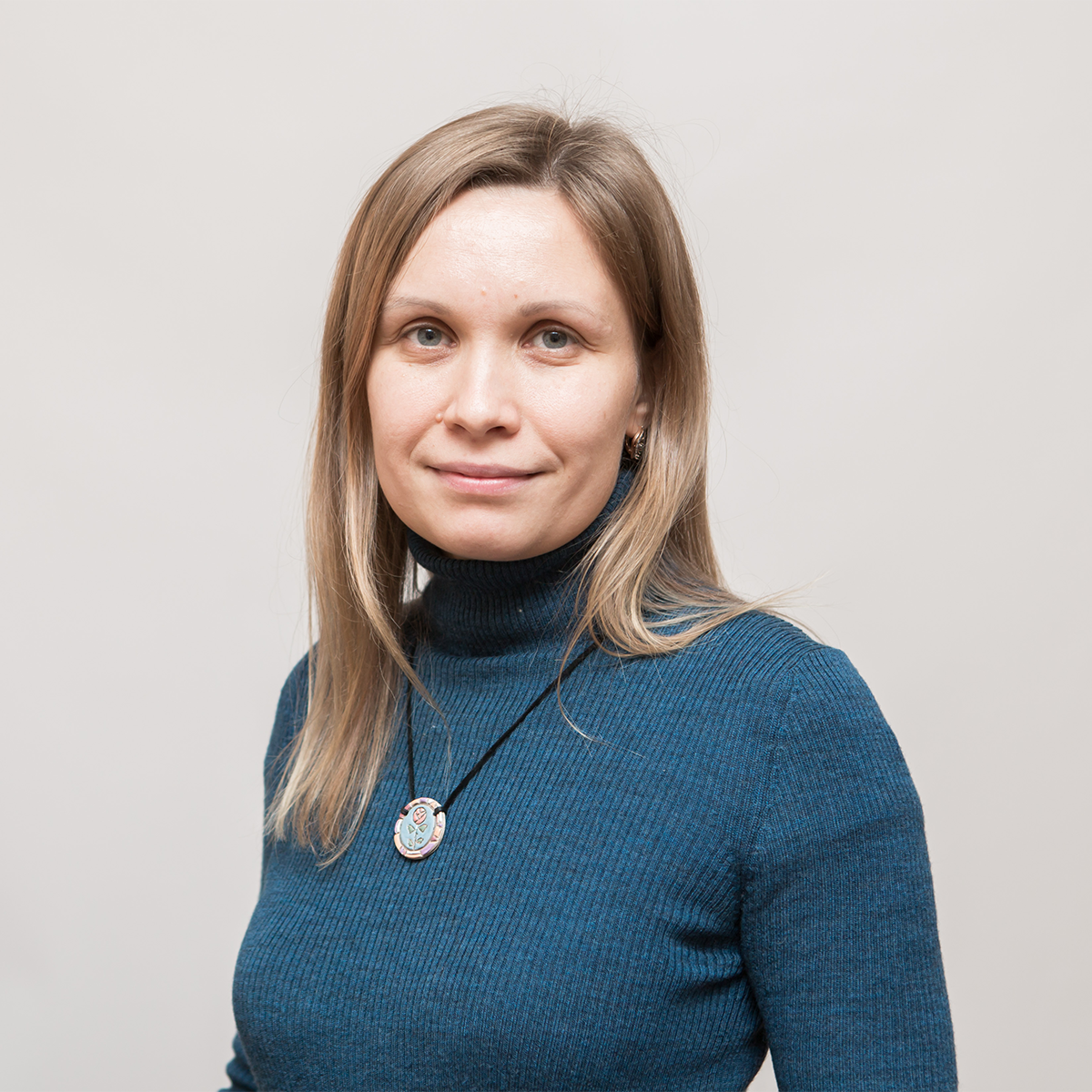Russian
The sphere of my teaching in general is in intersection of memory studies, political history and history of Russian Empire. I have prepared two courses for students of VIU. Memory Studies. An Introduction is basic course for discussing the topic from very beginning. Memory and Media: between Pyramids and the Internet is a workshop designed to encourage creative teamwork, daring experiments and crazy projects focusing on material measurement of cultural memory and the processes of its transformation.
Besides of Memory studies my research interests are laying in history of Russian Empire in the second half of 19th century. My books are focused on the Emperor Alexander II, on the one hand, and revolutionary movement against him, on the other hand. Right now, I am writing the book about reading of illegal literature in the 1870s in Russia.
Teaching at VIU is a great chance to enrich my experience working in a big international team of professors and students. As a member of Department of history in European University at St. Petersburg I work with student training in Russian history. I hope students from different scientific fields and from around the globe can create a new level of multidisciplinary discussions in my classes. But in all honesty Venice is the best city in the world (after Saint-Petersburg of course).
I have created both courses thinking about team working. I do not want just to read lectures about theoretical problems of memory, media, etc. We will have to discuss classical texts of the memory studies indeed, but the focus of both courses will be on ideas how to use all these approaches in new researches. Some years ago my students and I were working on the project about memory of Feodor Dostoevsky in modern Russia. It was an amazing experiment resulted in a number of very good course projects which could be developed in articles for solid journals. I hope we can find the same topic for my international class in VIU.
Memory studies is a fast-developing interdisciplinary field which unites people from different spheres of social science and humanities. But more importantly it creates the new view on “obvious” things about our past we know from school books, films and mass culture. The most eloquent example of how Memory studies transform conventional perception of history is the book by Trevor-Rouper “The Invention of Scotland” we will read on introduction course. Many people who are fans of the film “Brave heart” or bagpipe music are shocked to know that “traditional Scottish culture” was in fact invented by the British in the 18th century. But more shocking is understanding that past still can be an instrument of antagonism and intolerance, wars of memory can lead to real wars. The idea of VIU is to create the bridge between diverse cultural backgrounds and histories. This skill can be crucial in today’s society.
European University offers an MA Program in Memory Studies. Due to my experience I can clearly see how useful such a diverse track may be for students who benefit from attending classes of different professors and comparing and combining various approaches to the past. In my opinion, courses in urban history, film studies, intercultural memory, representation of time and space etc. can be seen as pieces of the puzzle adding important details to the whole picture. Students are encouraged to use knowledge from all the track, and we can specify some elements of the syllabus together.






















